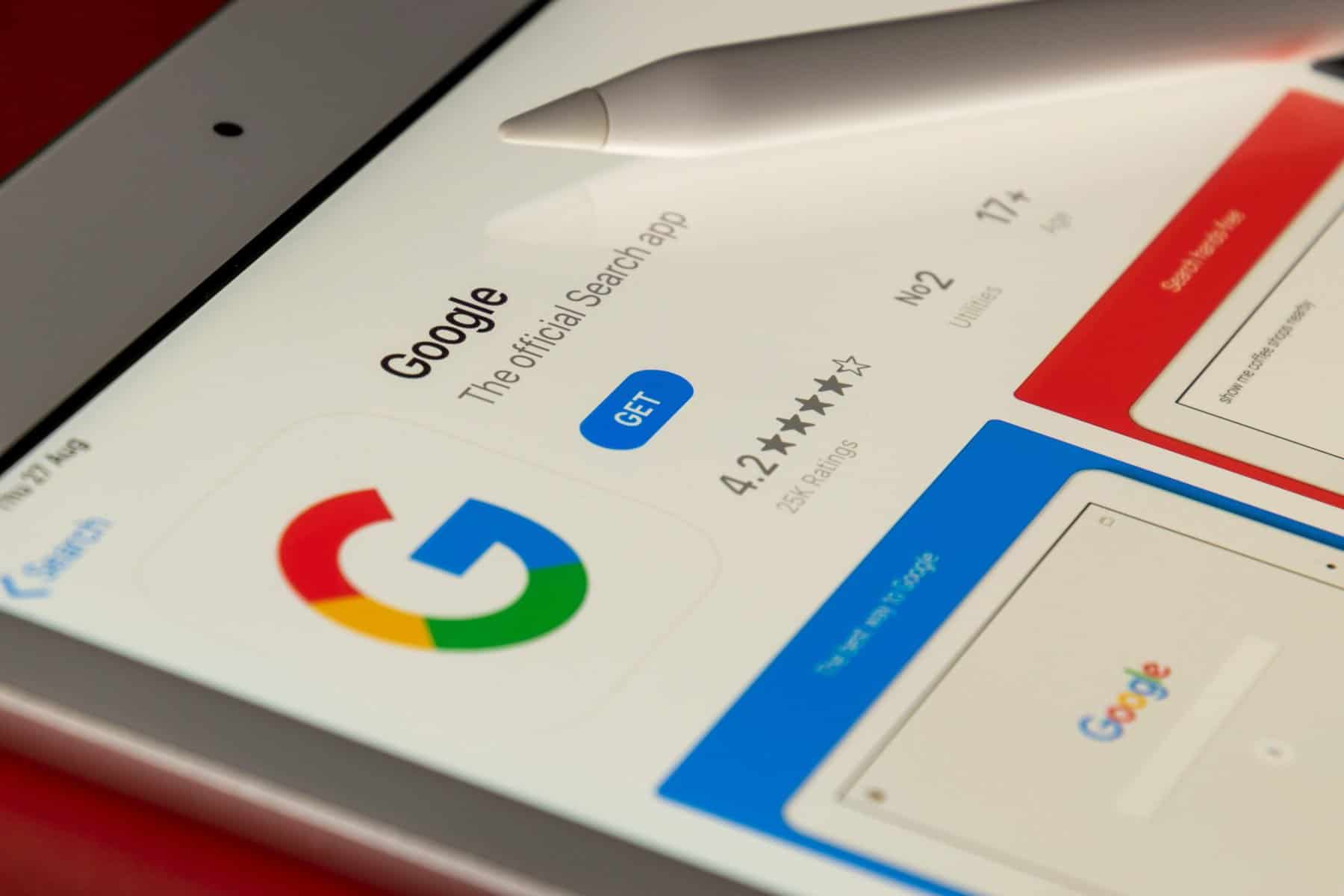In the digital age, where online visibility can make or break a business, the allure of quick fixes often leads entrepreneurs down a murky path of myths and misconceptions. One question that constantly bubbles to the surface is whether it's possible to pay Google for organic search rankings—a tantalizing proposition that stirs both intrigue and skepticism. Many have heard whispers in conference rooms and online forums: Just throw some money at Google, and watch your site soar to the top! But what if I told you that this notion may be more fiction than fact?
As we peel back the layers on this topic, we’ll explore not just the tempting myths but also the foundational truths about how Google’s algorithms function. In an era dominated by pay-per-click advertising and sponsored content, understanding what truly influences organic rankings could save businesses time, money, and frustration. So let’s embark on a journey through the fog of SEO speculation to uncover whether paying for prominence is a dream worth chasing or simply an illusion spun from digital folklore.
What Does Organic Ranking Mean?
Organic ranking refers to the position a website holds on search engine results pages (SERPs) based on unpaid, algorithm-driven factors rather than paid advertising. This ranking hinges on relevancy, authority, and content quality—elements that search engines like Google assess through complex algorithms. Unlike paid placements that guarantee visibility for a fee, organic rankings require continuous effort in SEO practices, such as optimizing keywords, enhancing user experience, and fostering backlinks from reputable sites.
The magic of organic ranking lies in its sustainability; once established through effective strategies, it can provide consistent traffic without ongoing financial investment. Moreover, users tend to trust organic results over ads since they perceive them as more credible and relevant to their queries. Building up an organic presence not only enhances visibility but also fosters brand loyalty—viewers are likely to return if they consistently find valuable information or solutions. In this way, investing time into improving your site’s organic ranking is akin to cultivating a garden: with patience and proper care, it yields rich rewards over time.
 The Role of Paid Advertising in SEO
The Role of Paid Advertising in SEO
Paid advertising and SEO often appear as two sides of the same coin, but they actually complement each other in powerful ways. While paid ads boost immediate visibility on search engine results pages (SERPs), they can also amplify organic reach by driving traffic that can enhance user engagement metrics—factors that Google considers in its ranking algorithms. The interplay between both strategies can organically strengthen your website’s authority over time, especially when well-executed ad campaigns funnel interested users to quality content.
Moreover, leveraging paid advertising allows businesses to experiment with keywords and audience targeting more dynamically than traditional SEO methodologies permit. By analyzing which paid keywords yield higher click-through rates or conversions, marketers can refine their organic strategies more effectively. Essentially, insights gained from PPC campaigns can inform the SEO roadmap, providing a data-driven approach to content creation and keyword selection that places brands steps ahead of their competition—not merely in terms of immediate traffic but towards achieving sustained growth in organic rankings too.
Common Myths About Paying for Rankings
One prevalent myth is that paying for ads guarantees organic ranking improvements. While paid search ads can enhance your visibility and potentially drive traffic, they operate separately from the organic ranking algorithm. This misconception often leads businesses to allocate their budgets towards ads in hopes of boosting their SEO performance, only to find that these channels serve different purposes. Investing in quality content and optimizing on-page factors will yield far greater rewards in the long run than simply throwing money at ad placements.
Another common fallacy is the belief that buying backlinks or using black hat techniques will deliver instant results. In reality, Google’s algorithms are increasingly sophisticated, designed to detect and penalize such tactics rather than reward them. The fleeting advantage gained through these methods can result in long-term penalties, rendering your investment counterproductive. Instead, focusing on building relationships and earning genuine backlinks through valuable content not only enhances credibility but also aligns with best practices endorsed by search engines themselves.
Lastly, some entrepreneurs think that enlisting an SEO agency guarantees top rankings if enough money is spent. However, success doesn't solely stem from financial investment; it requires a strategic approach inclusive of continuous optimization and evolving with changing algorithms. It's essential to understand that there are no shortcuts to sustainable growth; genuine engagement with your audience and consistent high-quality output will always outperform quick-fix solutions grounded in myths about payment for rankings.
 Facts: Google’s Stance on Payments
Facts: Google’s Stance on Payments
Google's stance on payments and organic ranking is clear: there’s no shortcut to the top through monetary transactions. The search giant emphasizes that all rankings are determined by an intricate algorithm, designed to reward relevance and quality over financial influence. This commitment to fairness ensures that businesses focus on creating valuable content rather than resorting to pay-to-play tactics, which can lead to a watered-down search experience for users.
Moreover, Google actively monitors its ecosystem for any signs of manipulation or non-compliance with its guidelines. Instances of “black hat” strategies—such as purchasing backlinks or engaging in click farms—can result in penalties far harsher than a dropped ranking; sites may face de-indexing too. Ultimately, this fosters an environment where genuine effort and innovation thrive, pushing brands to prioritize authentic engagement with their audience instead of seeking illegitimate shortcuts in the complex landscape of SEO.
How SEO Works Without Payments
Organic SEO works by optimizing your website to align with search engine algorithms, improving visibility without the need for advertising. This process involves several key elements: quality content, keyword research, backlinks, and a smooth user experience. By focusing on creating valuable content that resonates with your audience and naturally incorporates relevant keywords, you can increase your chances of ranking higher in search results.
Furthermore, building a network of quality backlinks from reputable websites enhances your site's credibility and authority. Search engines view these links as endorsements, signaling that your content is worth sharing. Additionally, technical SEO optimizations—such as mobile responsiveness and fast loading times—ensure that users have an enjoyable experience on your site while satisfying search engine criteria for ranking.
Ultimately, successful organic SEO requires time and effort rather than financial investment. While it may be tempting to believe that money can buy visibility, the truth lies in building genuine relationships with users and leveraging analytics to continually refine strategies based on performance. In this way, businesses can cultivate sustainable online presence through authenticity rather than shortcuts or pay-to-play tactics.
 Importance of Quality Content and Links
Importance of Quality Content and Links
The quality of your content is fundamental to establishing authority and credibility in the digital landscape. Unlike a transient ad that may capture fleeting attention, rich, well-researched content serves as a timeless resource—drawing users in organically over time. It stimulates engagement and fosters trust, both critical factors for any successful SEO strategy. When users find value in what you share, they are more likely to link back to your site from their own platforms or social media channels, amplifying your reach without the need for paid promotions.
Equally pivotal is the role of backlinks; these are like endorsements from other websites that signal trustworthiness to search engines. However, not all links carry the same weight—the value lies in their quality rather than quantity. High-quality links from reputable sites bolster your domain authority and enhance your chances of ranking higher on search results pages. By prioritizing superior content creation while cultivating meaningful connections within your industry, you create a virtuous cycle—better content attracts high-caliber links, leading to increased visibility and sustained organic growth without relying on dubious shortcuts that could ultimately harm your standing with search engines.
Conclusion: Truth Behind Ranking Higher Organically
Ultimately, the truth behind ranking higher organically lies in understanding that SEO is an intricate blend of art and science. Factors such as quality content, user experience, and authoritative backlinks intertwine to create a digital ecosystem where your website can thrive. Paying for ads may ensure visibility but won't guarantee long-lasting organic traction; the focus should be on seamlessly integrating valuable content that resonates with users' intents.
Moreover, search engines are evolving to prioritize genuine engagement over mere keyword optimization or paid placements. This shift means that brands must invest time into building authentic relationships with their audience—fostering community discussions and addressing real questions rather than just chasing algorithms. In this context, patience becomes essential; organic growth is often a marathon rather than a sprint, demanding adaptability to algorithm updates and changing consumer behaviors.
In summary, while there are no shortcuts in the quest for organic ranking success, embracing best practices rooted in authenticity will set you apart from competitors who lean heavily on short-term tactics like paid ads. By committing to delivering exceptional value consistently, you'll find not only improved rankings but also deeper connections with your audience—and that is a reward money can't buy.




